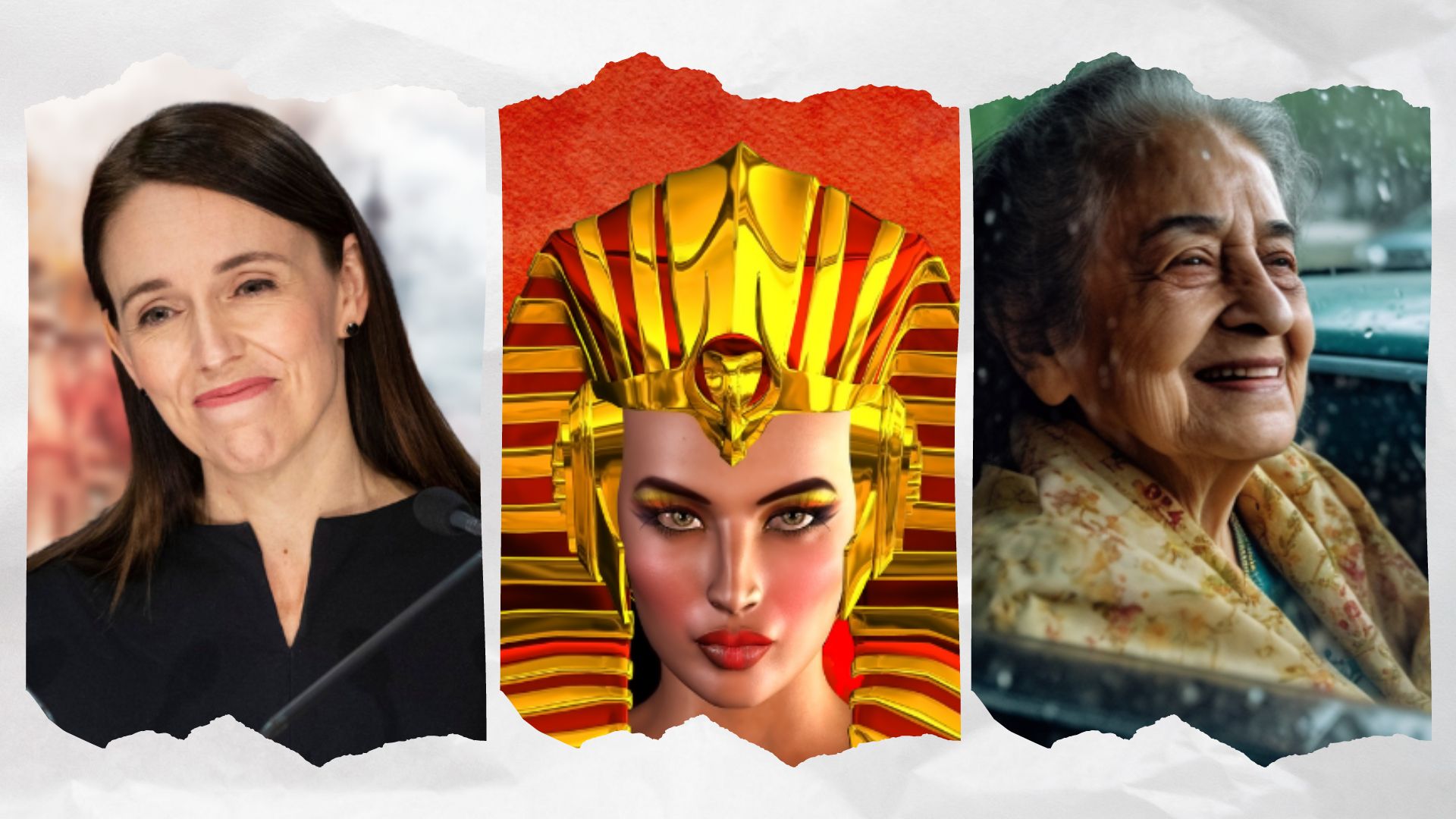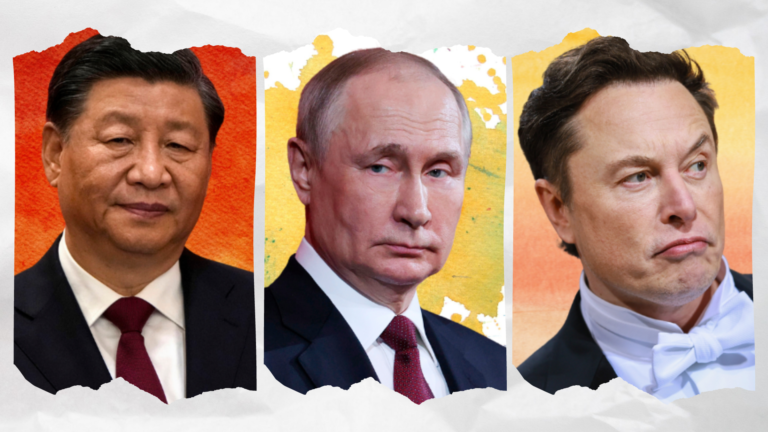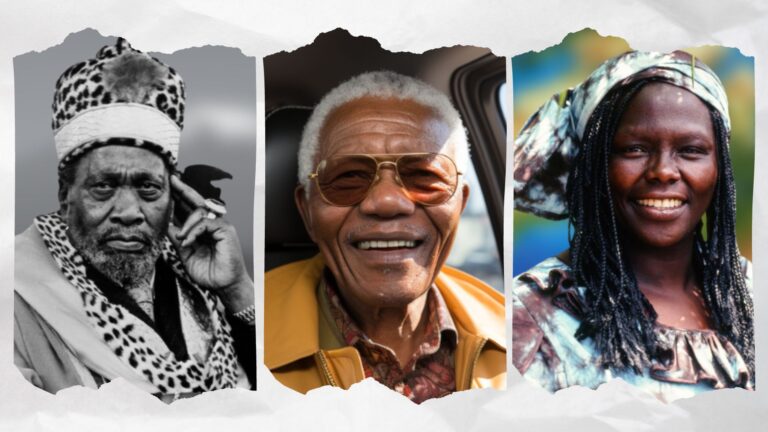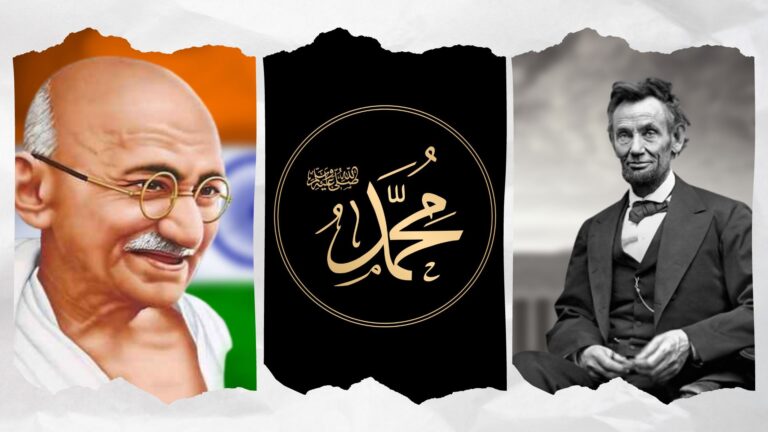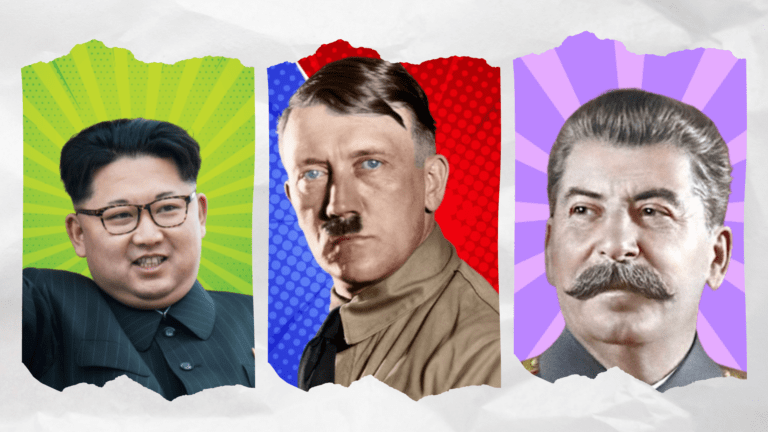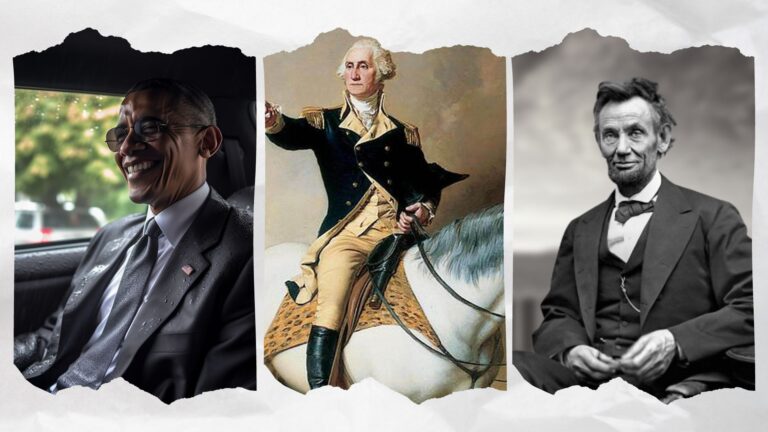The Top 10 Female Leaders in History
Throughout history, women have defied societal norms and emerged as remarkable leaders, making significant contributions to their nations and the world. This blog post celebrates the top 10 female leaders who have shattered glass ceilings, overcome adversity, and left an indelible mark on history. From their unwavering determination to their visionary leadership, these extraordinary women have paved the way for future generations. Through their achievements in politics, activism, and governance, they have proven that gender is not a barrier to leadership. Let’s delve into the lives and legacies of these remarkable female leaders.
1. Cleopatra

Cleopatra, the last pharaoh of ancient Egypt, was a powerful and charismatic leader. Known for her political acumen and diplomatic skills, she navigated the complexities of a changing world. Cleopatra forged alliances, expanded her kingdom’s influence, and maintained Egypt’s autonomy amidst the shifting powers of the Roman Empire. Her intellect, charm, and strategic prowess have made her an enduring symbol of female leadership throughout history.
2. Queen Elizabeth I
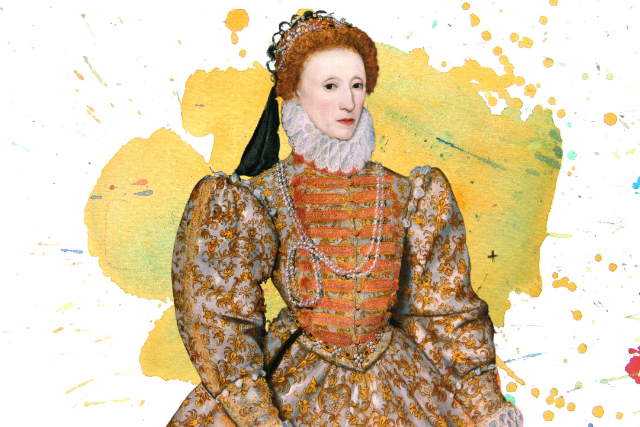
Queen Elizabeth I of England, known as the “Virgin Queen,” was a trailblazing monarch who reigned during the Elizabethan era. Her astute political maneuvering and wise governance helped stabilize England and established it as a major European power. Queen Elizabeth I’s patronage of the arts, exploration, and education fostered a period of cultural flourishing known as the Elizabethan Renaissance. Her reign is often hailed as a golden age, and her resilience in the face of political and religious challenges has cemented her place among the greatest female leaders in history.
3. Joan of Arc
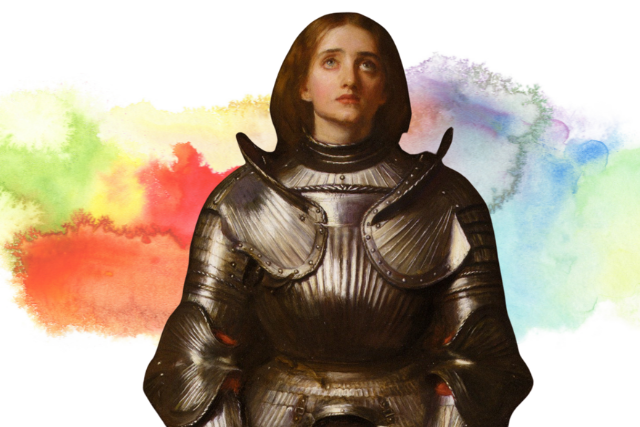
Joan of Arc, the legendary French heroine, exhibited exceptional courage and leadership during the Hundred Years’ War. Believing she was guided by divine voices, Joan led the French army to several significant victories against the English. Her unwavering faith, military acumen, and indomitable spirit rallied the French forces and inspired a nation. Joan of Arc’s determination and selflessness continue to inspire generations, making her an iconic symbol of female leadership and valor.
4. Catherine the Great
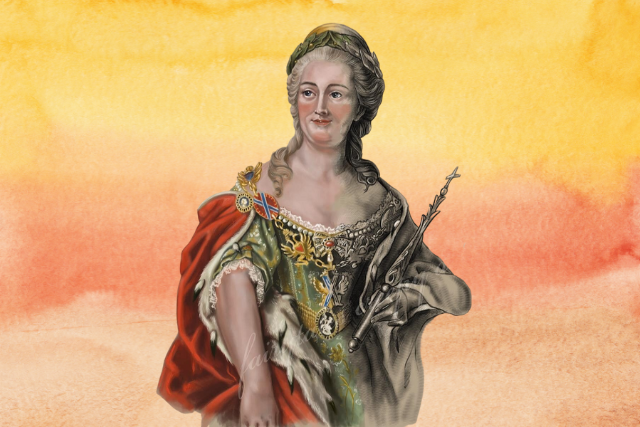
Catherine the Great, the empress of Russia during the 18th century, is remembered as one of the country’s most successful and influential leaders. Her ambitious reforms modernized Russia, expanded its borders, and elevated its status as a European power. Catherine’s commitment to education, the arts, and Enlightenment ideals transformed Russia into a cultural hub. Her reign left a lasting impact on Russian history and solidified her reputation as an exemplary female leader.
5. Indira Gandhi

Indira Gandhi, the first female Prime Minister of India, steered the nation through significant political and social changes. With her strong leadership, she promoted agricultural and economic reforms, strengthened India’s defense capabilities, and championed social equality. Despite facing immense challenges, including political unrest and conflicts, Gandhi remained steadfast in her commitment to progress and the empowerment of marginalized communities. Her tireless efforts and dedication to India’s development make her one of the most influential female leaders in history.
6. Golda Meir
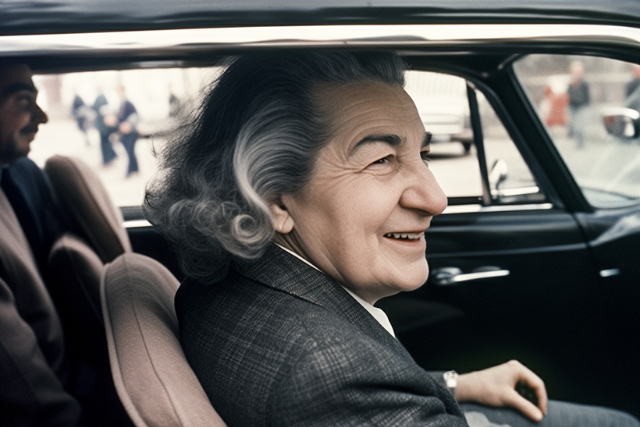
Golda Meir, the fourth Prime Minister of Israel, played a vital role in shaping the nation’s destiny. Known for her strong leadership and decisive decision-making, Meir led Israel during a tumultuous period, including the Yom Kippur War. Her dedication to Israel’s security and her relentless pursuit of peace negotiations have left an indelible mark on the region. Meir’s determination and resilience have inspired generations of women to enter politics and pursue leadership roles.
7. Queen Victoria
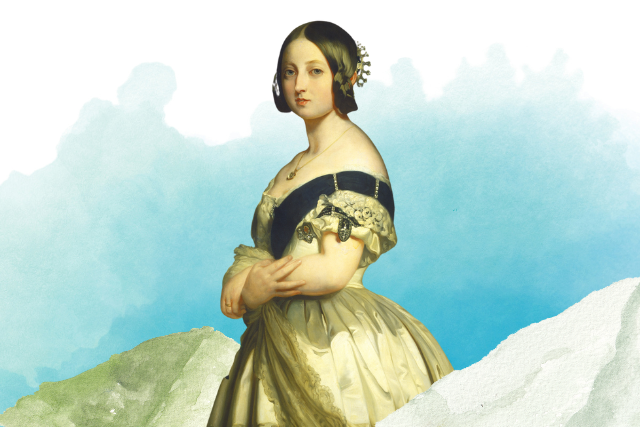
Queen Victoria, the longest-reigning monarch in British history, oversaw an era of significant societal and industrial changes known as the Victorian era. Her steady leadership and commitment to public service propelled the British Empire to new heights. Queen Victoria’s reign witnessed advancements in science, technology, and the arts, while also bringing about important social reforms. Her unwavering dedication to her role as queen and her embodiment of traditional values made her a beloved and influential leader.
8. Benazir Bhutto
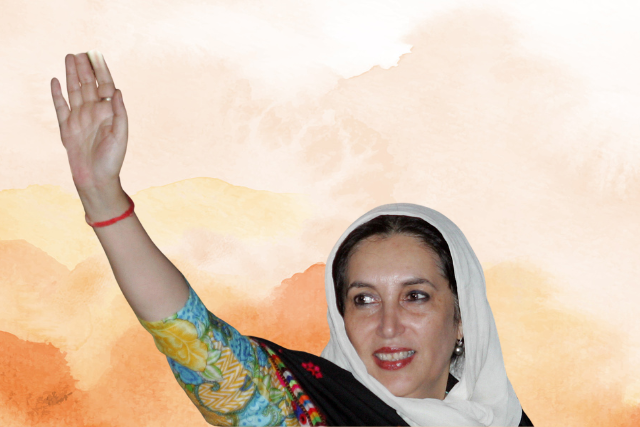
Benazir Bhutto, the first female Prime Minister of Pakistan, broke barriers and challenged gender norms in a predominantly patriarchal society. Bhutto’s leadership brought hope and democracy to Pakistan, as she implemented progressive reforms and advocated for women’s rights. Despite facing political turmoil and assassination attempts, she remained resolute in her commitment to a democratic and inclusive Pakistan. Bhutto’s courage and determination continue to inspire women around the world.
9. Angela Merkel

Among the top 10 female leaders in history, Angela Merkel was the first female Chancellor of Germany. And one of the world’s most influential leaders has played a pivotal role in shaping European politics. Her pragmatic leadership, calm demeanor, and commitment to fiscal stability have made her a respected figure on the global stage. Merkel’s handling of the Eurozone crisis, as well as her open-door policy during the refugee crisis, demonstrated her compassionate and principled approach to governance. Her leadership and unwavering dedication to the European Union have earned her accolades as a transformative female leader.
10. Jacinda Ardern
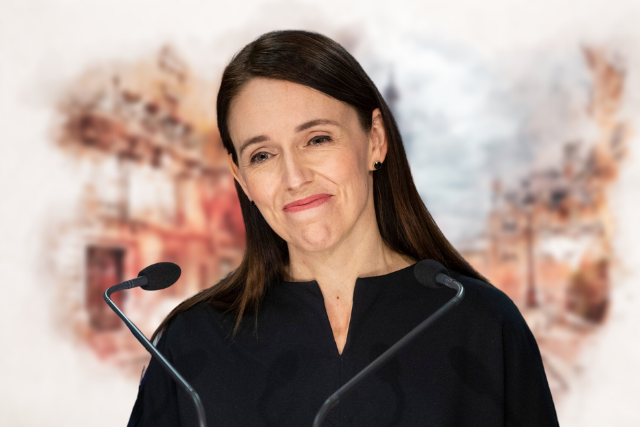
Jacinda Ardern, the youngest female Prime Minister of New Zealand, has garnered international attention for her compassionate and inclusive leadership style. Ardern’s empathetic response to the Christchurch mosque shootings and her handling of the COVID-19 pandemic has been widely praised. She has focused on issues such as child poverty, climate change, and mental health, highlighting her commitment to social justice and progressive policies. Ardern’s leadership style, characterized by transparency and empathy, has made her a beacon of hope and a role model for aspiring female leaders.
Conclusion
The top 10 female leaders in history, including Cleopatra, Queen Elizabeth I, Joan of Arc, Catherine the Great, Indira Gandhi, Golda Meir, Queen Victoria, Benazir Bhutto, Angela Merkel, and Jacinda Ardern, have shattered barriers, defied expectations, and inspired generations with their visionary leadership. These exceptional women have left an indelible mark on their nations and the world, challenging gender norms and effecting positive change. Through their resilience, intellect, and unwavering commitment to their countries, they have paved the way for future generations of female leaders, proving that gender is not a barrier to achieving greatness in leadership.

